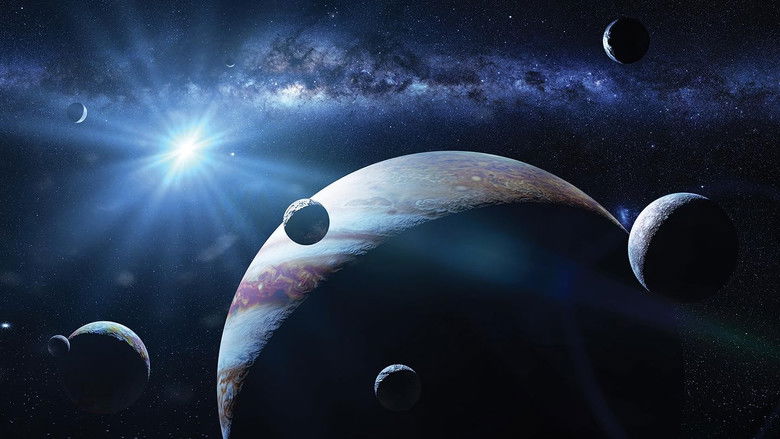A Field Guide to the Planets Season 1

Get to know your planets with help from Professor Sabine Stanley's thrilling ride of discovery, illustrated by the phenomenal images NASA has gathered through its telescopes, cameras, and laboratories on Earth and among the stars. A Field Guide to the Planets offers a fuller picture of what scientists know about our solar system - and how much there is yet to learn.
Watch Trailer
A Field Guide to the Planets Season 1 Full Episode Guide
Saturn and its complex ring system; what decades of exploration reveal about the origin and morphology of these icy rings; how they interact with Saturn's closest moons; propeller moonlets; a hexagonal polar storm; the giant vortex.
The 79 Jovian moons; why Jupiter's gravitational forces, plus the orbital resonance of the three interior moons, make these some of the most promising places to search for life; why scientists believe the Jovian system once included other moons.
Whether Jupiter has a greater similarity to the Earth or to the Sun; exploring the many ways in which Jupiter is unique among the planets; what the solar system would be like without it; without Jupiter, life on Earth might never have a chance.
How collisions with asteroids can be avoided, with 20,000 asteroids identified in near-Earth orbit; why these rocky bodies, and those in the Asteroid Belt, never accrete into planets; how their resources can be harnessed for future space travel.
Recent robotic exploration provides evidence that Mars' barren landscape could be much more Earth-like in the past; whether Mars could be an Earth sibling; discoveries that will guide future exploration and scientific inquiry on the Red Planet.
Humanity's fascination with Mars is never-ending; learning how the similarities and differences between Earth and Mars result in Mars' planet-wide dust storms, migrating polar ice caps and 3.9-billion-year-old impact craters.
Even before the invention of telescopes, humans are familiar with various aspects of the Moon's surface; one can also explore complex lunar swirls, sinuous rilles and the lava tubes that hold promise as ideal locations for future lunar bases.
The Earth's moon is the largest moon in the solar system relative to its planet's size; the many ways in which this system affects the tides on Earth and on the Moon, the planet's rotation and revolution, tidal locking, and planetary stability.
Earth has a relatively thin atmosphere; without this layer, life would not evolve and thrive; the properties of each atmospheric layer; encountering specific ways to explore each layer as a springboard to exploring the rest of the solar system.
A theory proposed less than 70 years ago says that plate tectonics could be a main driver of life on Earth; exploring the movement of the planet's surface; the many ways in which a geologically active Earth sustains the biologically active planet.
The Venusian carbon dioxide atmosphere causes the hottest surface temperature in the solar system; the Earth and Venus contain about the same amount of carbon; the forces that result in the extreme atmospheric differences between these two planets.
Mercury is a planet of many solar system extremes; learning how these characteristics result in a planet where the Sun sometimes moves backward across the sky; a planet where water ice has been found at the poles.
Since 1962, robots have been exploring our solar system to help answer this most important question: Who are we? With fascinating data and images now in hand, explore this family album overview of our planets, dwarf planets, moons, asteroids, Kuiper Belt objects, and long-period comets, and fly through some of our solar system’s most unique features!
Seasons





